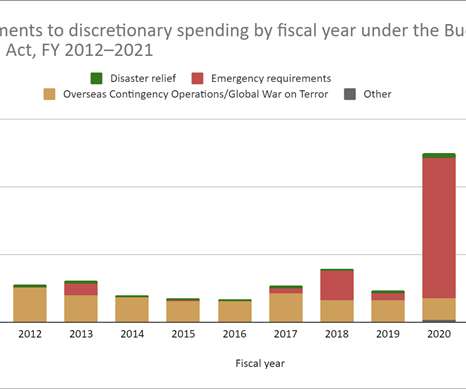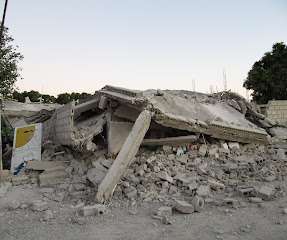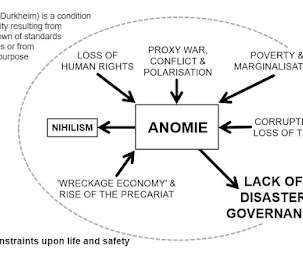Using Budget Principles to Prepare for Future Pandemics and Other Disasters
National Center for Disaster Prepardness
JANUARY 19, 2022
Expansion of pre-disaster mitigation funding such as through the Building Resilient Infrastructure and Communities program, and new funding for infrastructure resilience embedded in the bi-partisan Infrastructure Investment and Jobs Act are also steps in the right direction. 90 programs across 20 agencies is simply too many.










Let's personalize your content